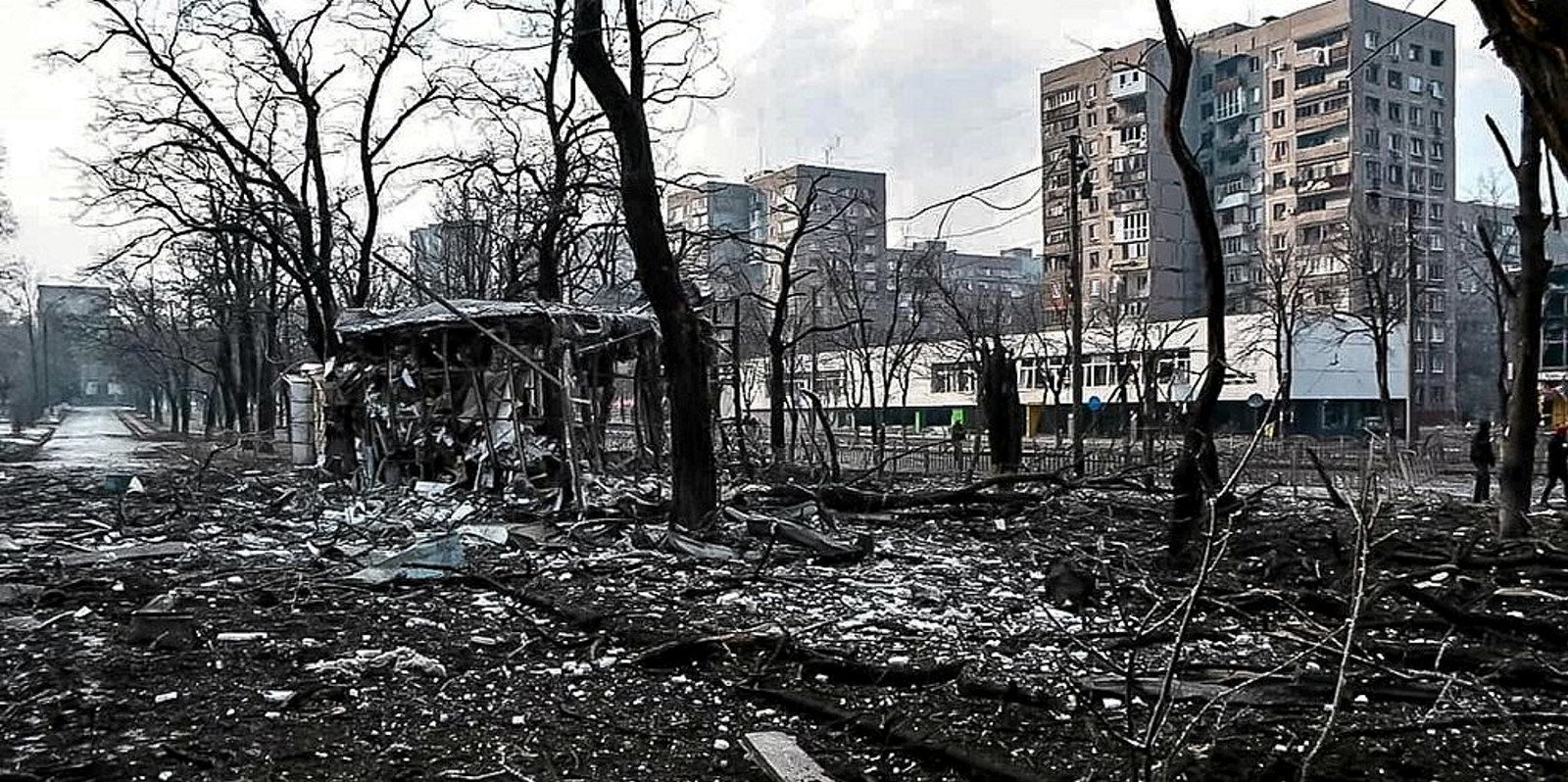Separatists in Ukraine’s breakaway Russian-speaking republic formally moved on 1 July to nationalise some of the vessels trapped in Mariupol, a Black Sea port conquered a few weeks ago by invading Russian forces after heavy fighting.
The self-styled, Moscow-backed Donetsk People’s Republic (DPR) has been warning since early last month that it planned to confiscate vessels stuck in the terminal.
On 30 June, the DPR’s foreign ministry sent a letter to Smarta Shipping, the registered owner of the 16,000-dwt Smarta (built 2007), notifying it of the decision to confiscate the vessel without compensation.
“This forcible appropriation, with forced conversion into state property without any compensation is unlawful and goes against all norms of international law,“ a lawyer for Malta-based Smarta Shipping told TradeWinds.
Sources close to the matter say the owner of the 3,254-dwt general cargoship Blue Star I (built 2005) — another vessel trapped in Mariupol — has received a similar letter.
The Smarta’s owners and its Liberian-flagged state have been seeking relief through the International Maritime Organization, using its channels to get in touch with Russian maritime officials.
Smarta is also hiring Russian lawyers to intervene with responsible government agencies in Moscow. Knowing which authority to contact, however, is tricky, considering that Mariupol is in effect controlled by the Russian army, while nominally belonging to the DPR.
Alongside the Smarta and the Panama-flagged Blue Star I, four other foreign-owned ships were trapped in Mariupol when Russia invaded Ukraine on 24 February.
These were the 21,000-dwt bulker Tzarevna (built 2004), 6,142-gt Azburg (built 1995), 6,800-dwt Lady Augusta (built 1998) and 9,000-dwt Azov Concord (built 2008).
With the exception of the Azburg, which sank early in the conflict, the DPR said last month that it would lay claim on all the ships.
However, in practice, each vessel’s fate seems to be depending separately on its background, nationality, flag and owners’ connections.
The Turkish-controlled Azov Concord, for example, obtained permission to leave Mariupol. The ship returned to Turkey last month, following owners’ intervention in Ankara and Moscow.
The Lady Augusta is expected to be eventually released as well.
The confiscation of the Smarta and the Blue Star I is the latest episode in the nerve-racking ordeal their crews and owners have been going through since the war began.
When Ukraine lost control of Mariupol port in early April, Russian forces came on board and took all the vessels’ crews as captives to Donetsk, the DPR’s capital.
The Smarta’s crew of 19 Ukrainian seafarers remained there for one month, suffering no physical injuries, and were eventually repatriated via Russia, Georgia and Turkey.
The crews of all the other ships were repatriated as well.
While in Mariupol, most of the ships have suffered damage.
The Azburg became a total loss even before the Russians occupied the city, when a rocket hit its main engine fuel tank. The crew was evacuated by Ukrainian soldiers, who rushed to the rescue on a pilot boat.
The Smarta and the Azov Concord suffered damage to their navigation bridges but remained seaworthy.
The Tzarevna’s hull is said to have been damaged, but that ship could sail as well.
The Blue Star I and the Lady Augusta are said to be fine.



